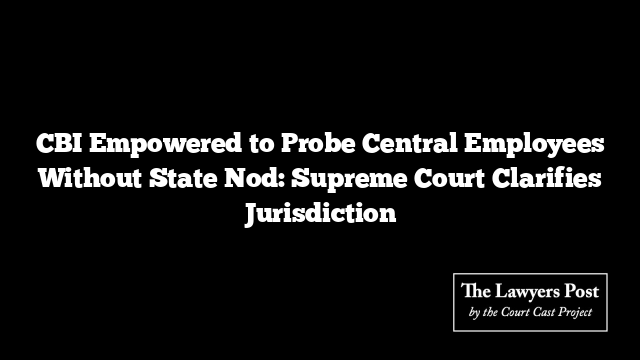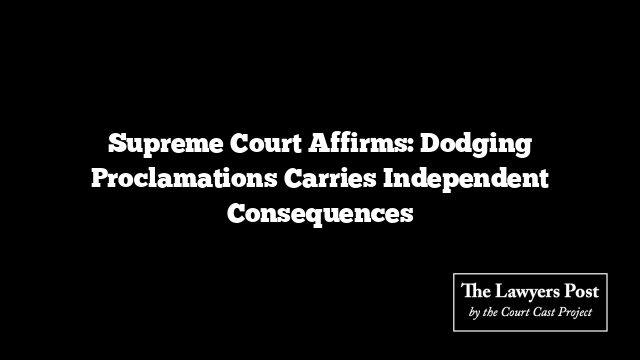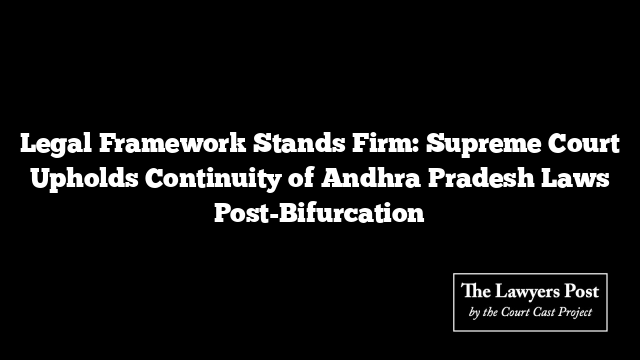The Supreme Court recently ruled that the Central Bureau of Investigation (CBI) does not require a state’s consent to register an FIR under central legislation against a central government employee, even if the employee is posted within that state. This landmark decision addressed a contentious jurisdictional issue, reaffirming the agency’s authority in cases of corruption and other offenses under central laws.
The ruling came in response to a case involving two central government employees working in Andhra Pradesh, accused under the Prevention of Corruption Act. They had argued that the bifurcation of Andhra Pradesh invalidated the general consent previously granted to the CBI under the Delhi Special Police Establishment (DSPE) Act, 1946. The Andhra Pradesh High Court had sided with the employees, quashing the proceedings.
However, the Supreme Court, led by Justices CT Ravikumar and Rajesh Bindal, overturned this decision. It clarified that the general consent given to the CBI under the 1990 Government Order remained valid for the newly formed states of Andhra Pradesh and Telangana post-bifurcation.
The Court emphasized that requiring state-specific consent for investigating offenses under central laws would undermine the CBI’s mandate. Citing earlier judgments, including Kanwal Tanuj v. State of Bihar and Fertico Marketing and Investment Pvt. Ltd., the Court noted that the DSPE Act allows the CBI to probe offenses linked to central legislation, irrespective of an accused’s state of employment or residence.
The ruling also reinforced the CBI’s foundational mandate, as outlined in the 1963 Ministry of Home Affairs resolution, which enables the agency to investigate central government employees implicated in corruption, even when local or state entities are involved.
This decision underscores the primacy of central legislation in cases involving federal employees and eliminates ambiguity regarding the interplay between state consent and CBI investigations under central laws.





